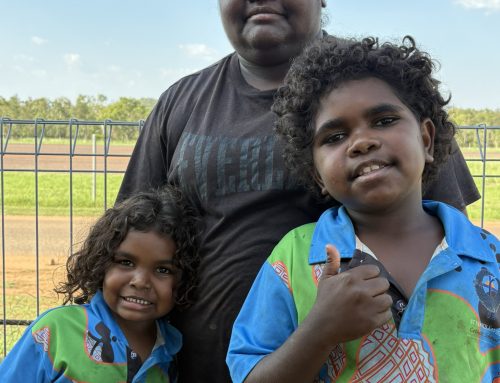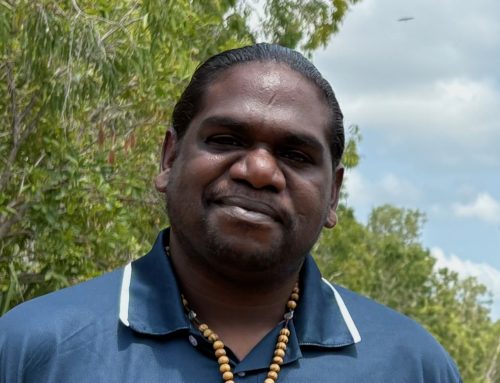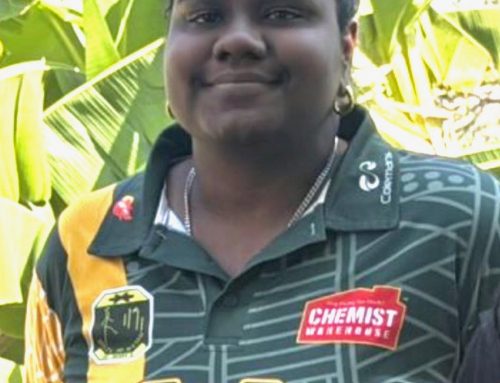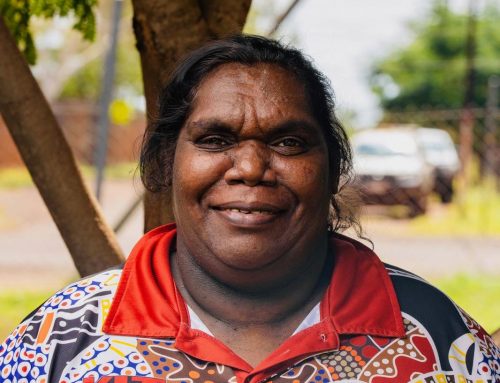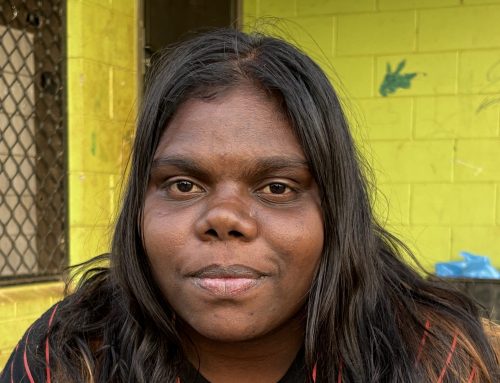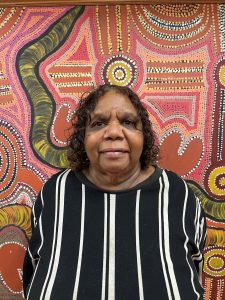 Areyonga (Utju), NT
Areyonga (Utju), NT
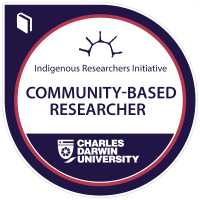
Hello Everybody,
My name is Hilda Bert and I am from Areyonga Community (Utju). I have lived all my life here. I am Pitjantjatjara tribe; My mother is Pitjantjatjara. My skin name is Nampijinpa through my father; he’s a Pintupi man from Haasts Bluff.
I am a single mother of three sons, a grandma of five (three girls and two boys). I went to School at Areyonga School, finished year 6 and move to Yirara College to a boarding school from 1977 to 1982. In 1982, I graduated year 11 and came back to Areyonga. Later, I moved to Mutijulu (Uluru) in 1986. My first job was in the community clinic at Mutijulu as a reception worker answering phone, taking people to the airport to catch a flight to Alice for the appointment in Alice Springs Hospital. In 1989, I moved back to Areyonga and worked at local school for four years. Then I went to the council to work as a Centrelink agent for 10 years.
Currently, I am working as a casual community-based Indigenous researcher with Menzies’ Digital Health project implemented at Areyonga (Utju) and also as a translator and an interpreter with NPY Women’s Council and Central Land Council. I also work with the night patrol and engaged in local authority of Mac Donnel Shire (ie. Regional Council).
I am also in the Choir member of Central Australian Aboriginal Choir. I travel to Alice Springs cultural precinct for my choir practice and performance. I travel extensively to various states of Australia for my choirs and have also been to Europe. I have also travelled to Washington DC to celebrate Nelson Mandela’s life. The program was called Mandela at 100: Songs of Hope, Justice, Unity and Freedom. It is music and dancing that make me at peace with the world.
Palya!
Hilda Amuna Nampijinpa Bert
Skills and employment:
Current research work:
I am currently working with the Digital Health project at Menzies. I asked people in my community if they were interested in doing this research. I helped to liaise with local community, recruit people for interviews and translate qualitative interviews.
Why research is important to me:
It’s important to help people to understand. Like it’s good to learn new things about health. I like to learn for myself from the research. I need to talk to people and listen to what they say. I would make sure the researchers understand community and works both way so community understands what the researcher is saying. I would explain in Pitjantjatjara so people understand. I would keep what they say safe, confidential. Working I would have to tell people to be calm and do the right thing. If the researchers did the wrong thing by mistake, I would talk to them. Explain and apologise to community. For example, I will ask them not to take photos without permission. I will tell them politely. If I see researchers doing wrong things, I will speak up.
Availability
I am available for community engagement and research activities. I’m happy to help within Areyonga (Utju). I am located in Areyonga and prefer to help within the community. I prefer to be contacted via phone and text. I also use emails.
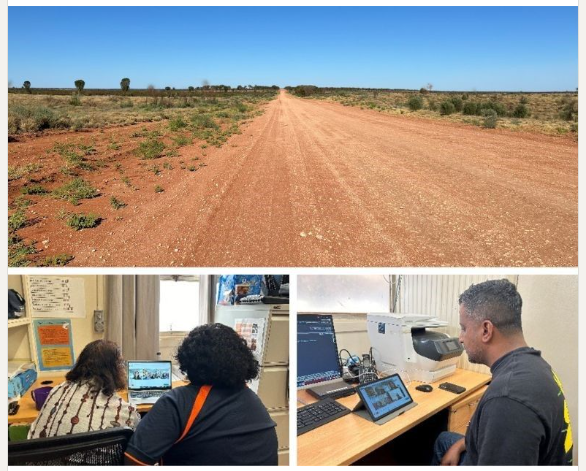
Fig 1. Research in Areyonga (Utju)


